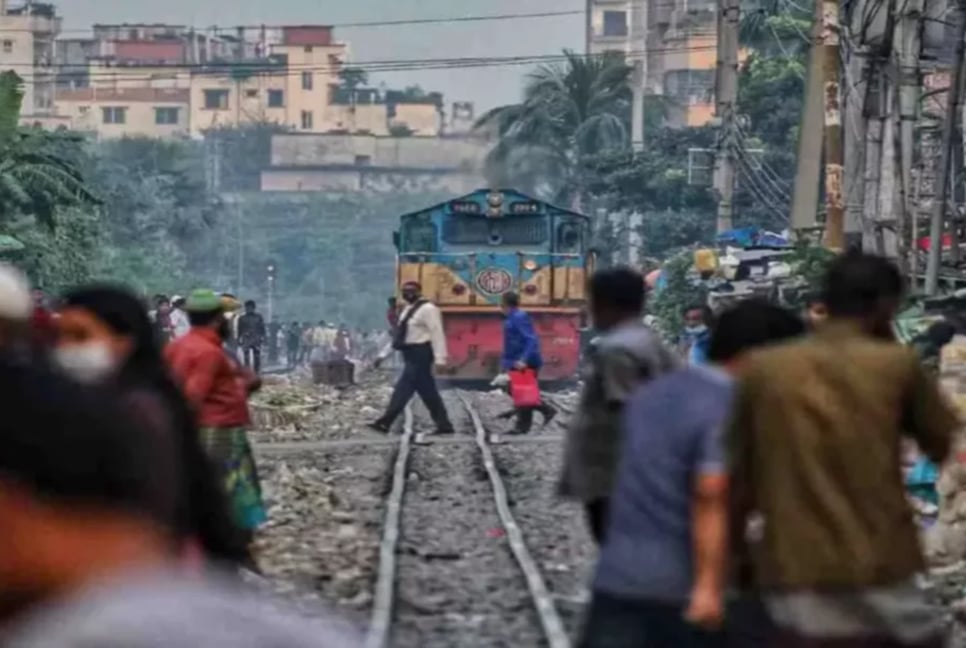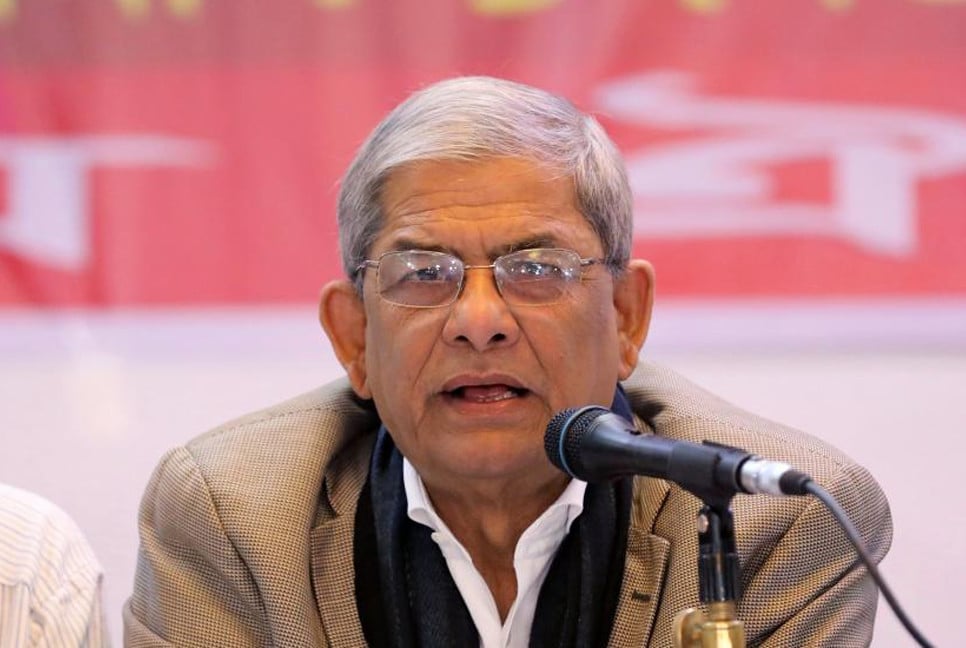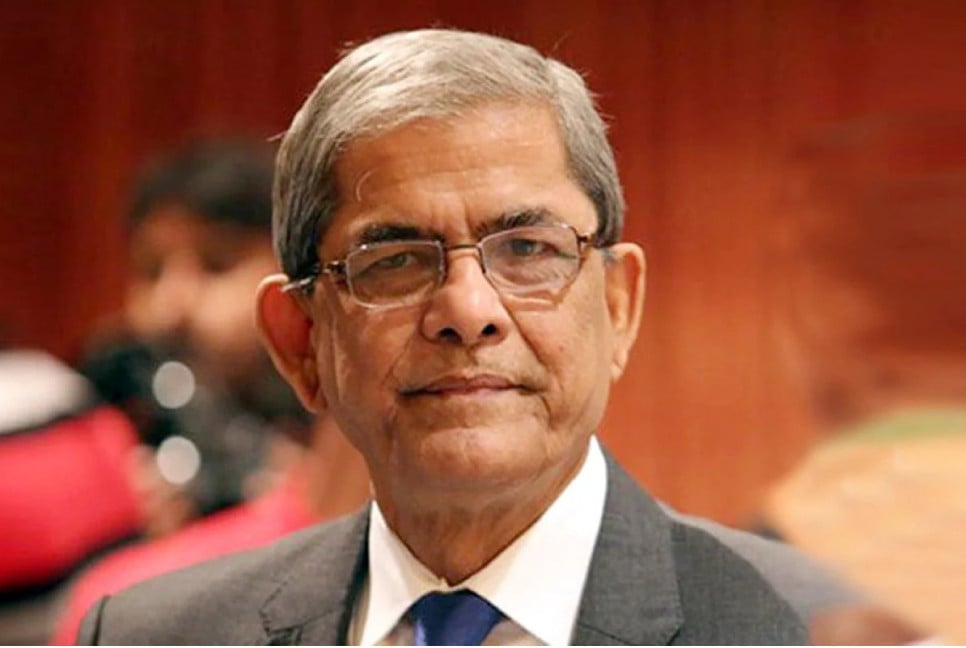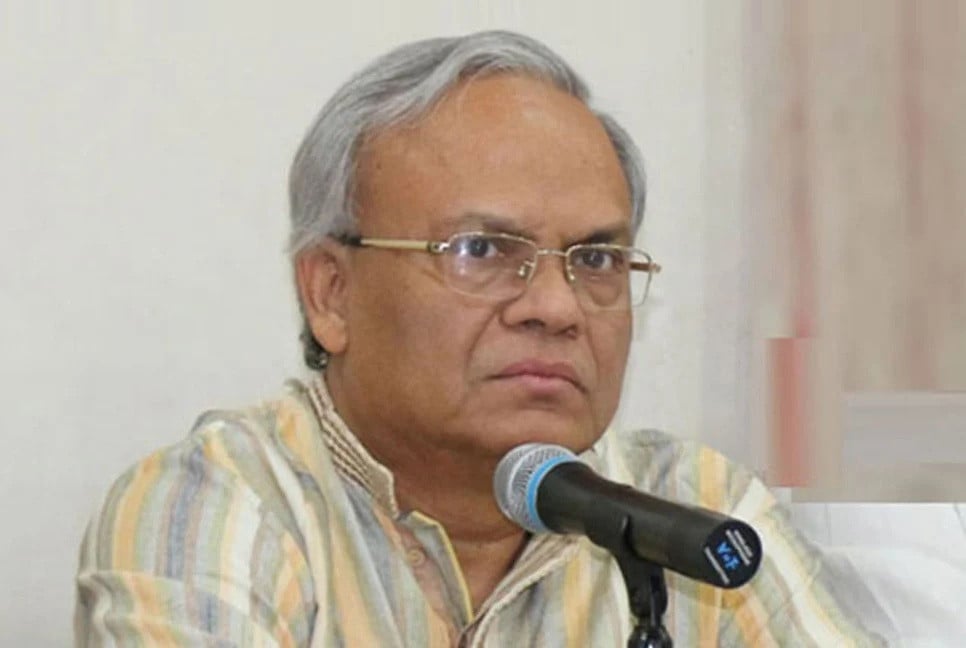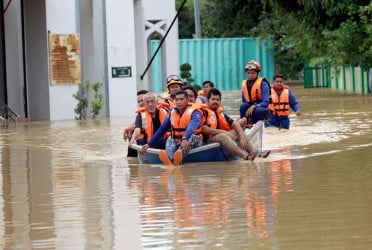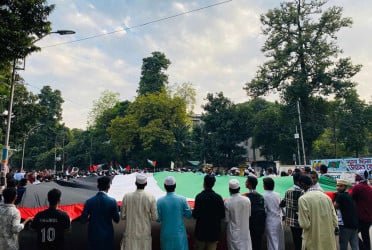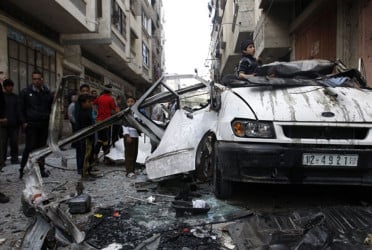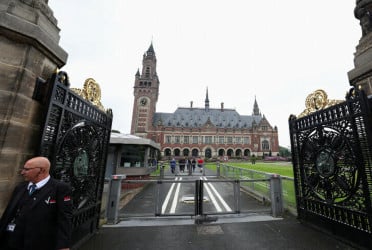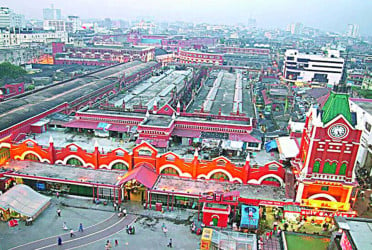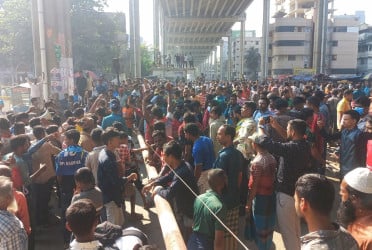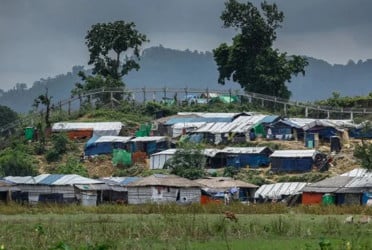At least 131 people were killed and 110 were injured in 137 railway accidents in the first six months of this year, reports UNB.
Among those, the highest 44 accidents took place in February in which 37 people lost lives and eight were injured, according to statistics of the Shipping and Communications Reporters Forum released on Saturday.
The release said, the lowest 12 accidents occurred in January where 15 people died and seven were injured.
According to SCRF, these statistics have been prepared based on the information published in 12 Bangla national dailies, five English national dailies, nine online news portals and news agencies, and six regional dailies.
The organisation has identified 9 main causes for railway accidents in its observation.
According to SCRF statistics, 15 people were killed and five were injured in 18 accidents in March.
In April, 17 accidents killed and injured 20 and 69 people respectively.
Twenty-four accidents occurred in May where 25 people were killed and eight were injured.
In June, 22 railway accidents killed and injured 19 and 13 people respectively.
SCRF has identified nine main causes of accidents by monitoring railway transport system and accidents and consulting with experts. Those are:
Indifference of the authorities, defects in signaling system, dangerous level crossings, addition of extra coaches to the engine capacity, lack of stones in the railway tracks, risky railway bridges, lack of modern technology, shortage of manpower and shaky tracks as well as use of various materials including low quality sleepers and fishplates in the railway lines.
In the observation, it was said that the government is giving considerable importance to improving the railway communication system. Priority is also being given in the development budget. Despite the expansion of the railways, high-speed train movement is being disrupted due to the lack of proper renovation of the old tracks. As a result, the desired benefits are not met.
Bd-pratidin English/Tanvir Raihan

